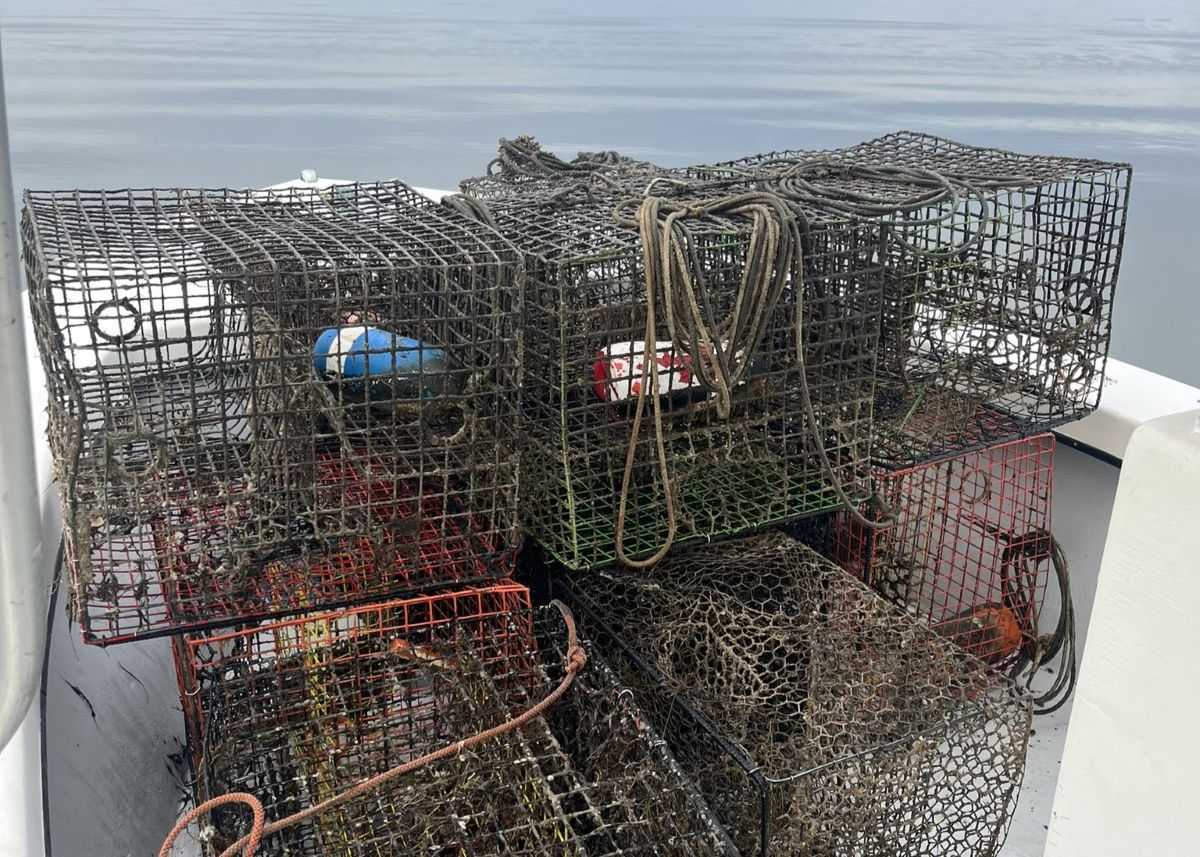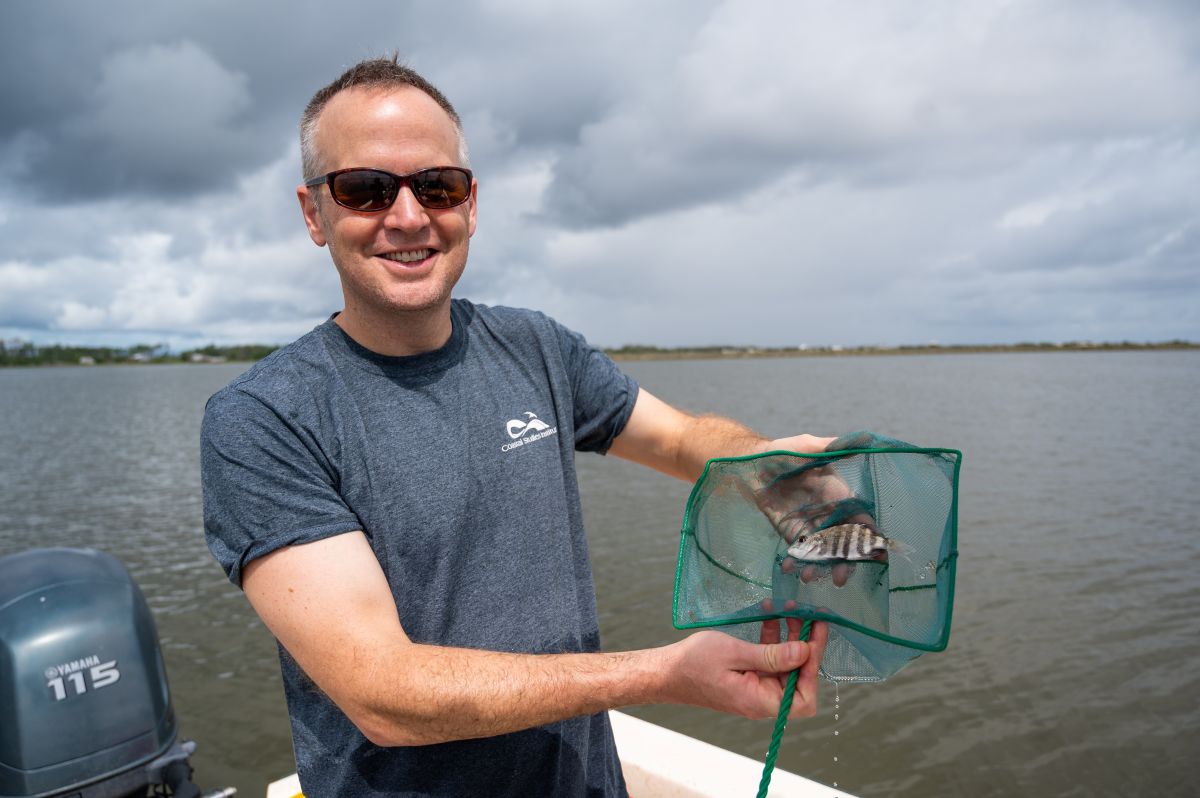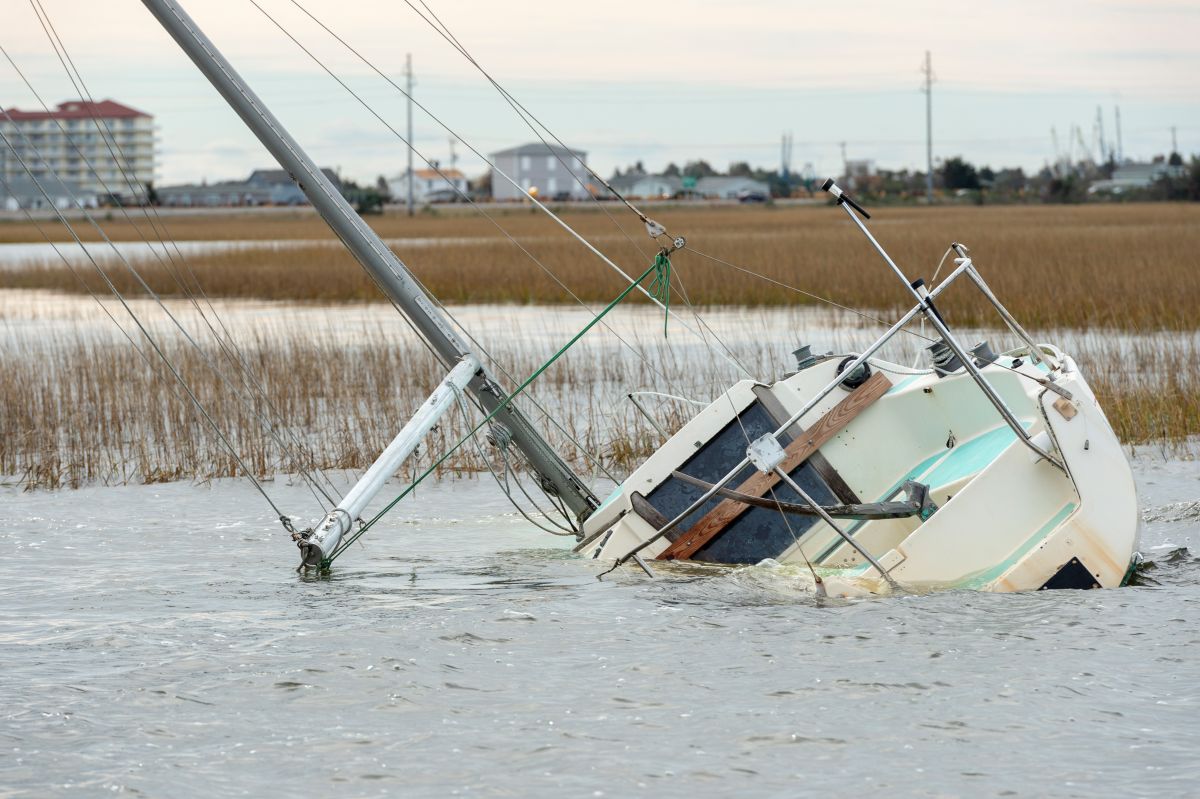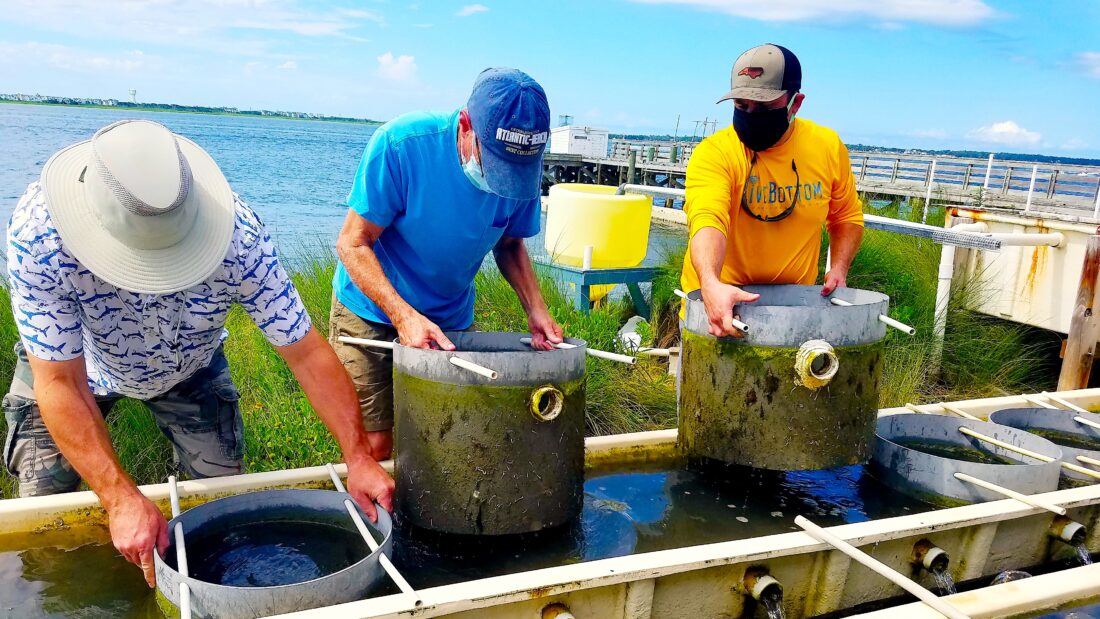
The North Carolina Shellfish Farming Academy launched in June, with its inaugural sessions at Carteret Community College.
Supporter Spotlight
Based on growing demand, another session is already set to start in September.
“Because of industry development and expansion, North Carolina had a need for a comprehensive shellfish mariculture training program that would combine classroom studies with hands-on field training to support the needs of prospective growers,” said Bryan Snyder, North Carolina Sea Grant’s mariculture extension associate.
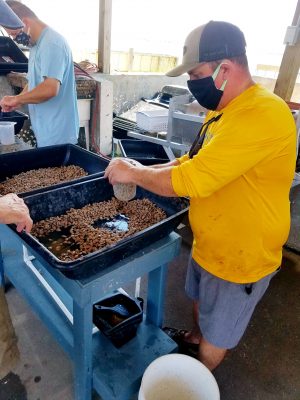
“The students taking this course are men and women of different age groups, coming from varied backgrounds. A few have taken other aquaculture classes, or have done their own research on some of the topics in the class. Others are being introduced to them here,” Snyder added. “Most have plans to enter the industry, with some already in the process of starting their own farm. We expect these students will come out of this class with the information they need to succeed in this industry.”
A partnership between North Carolina Sea Grant and Carteret Community College, the academy is offered through the campus continuing education department, with classes offered in person and online. Funding for the course development is from National Oceanic and Atmospheric Administration Aquaculture and the National Sea Grant College program.
“We felt it was important to add this training opportunity to our existing aquaculture curriculum in such a way that it would be accessible to people who are currently working in other industries and are not able to commit the time to complete one of our certificate or degree programs,” said David Cerino, chair of the CCC aquaculture program.
Supporter Spotlight
In-person field days are held at the Shellfish Mariculture Demonstration Center on the Carteret Community College and near the Sea Grant’s central coastal office at North Carolina State University’s Center for Marine Sciences and Technology, or CMAST. Construction of this facility was funded through NOAA Sea Grant, the North Carolina General Assembly, and the college.
“These exercises give students firsthand experience in shellfish mariculture techniques,” explained Snyder, who serves as lead instructor, building upon his industry experience as a mariculture technician and hatchery manager.
The course introduces students to techniques used in hatcheries and nurseries to raise shellfish seed — juvenile oysters and clams — that farmers typically buy to raise on their farms.
The students then consider farming, or grow out, methods used to bring shellfish to the legal sizes that consumers see at restaurants and markets. The path from nursery to grow out generally takes one to two years and requires hands-on management along the way.
“Raising shellfish may seem fairly simple, but there is actually a lot of hard work, process timing, and environmental factors that affect profitability,” Snyder explained. “Providing the opportunity to work through some of those steps here, before starting their own farms should help make that process easier to navigate once our students strike out on their own.”
In addition to the “nuts and bolts” of shellfish farm operations, the course covers management topics, such as securing shellfish leases, and developing seafood safety and business plans.
“During the course students get to hear directly from the folks in the leasing and shellfish sanitation sections at the state Division of Marine Fisheries, extension and shellfish health experts at NC State University, and business planning and development professionals from the Small Business Center. These contacts will continue to be valuable as the students enter into the industry and grow their farms,” Cerino said.
The inaugural academy will run through Aug. 22. The second academy is scheduled to begin after Labor Day at Carteret Community College. Preregistration is currently open and can be found here.
“North Carolina Sea Grant is excited about the Shellfish Farming Academy and the role it can play in developing a future workforce and meeting our state’s demand for fresh shellfish,” said Frank López, Sea Grant extension director.
The NOAA project includes additional partners from Sea Grant programs in South Carolina and Georgia, who plan to tailor a training program similar to the North Carolina Shellfish Farming Academy.



